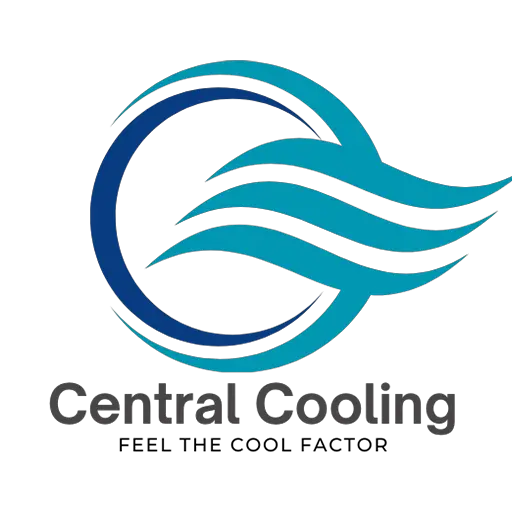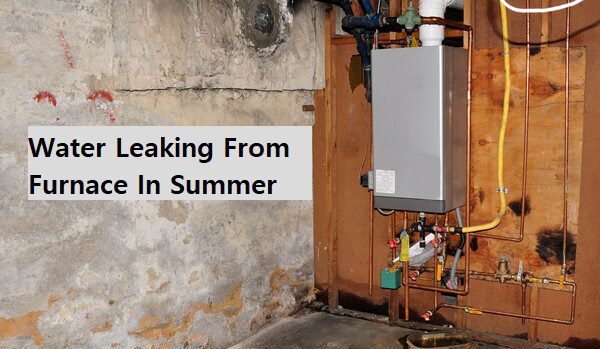Introduction
Encountering water leaks from your furnace during the summer can be a cause for concern. This article delves into the common issues leading to furnace leaks in air conditioning mode, providing insights based on industry expertise and current research findings. Understanding the potential causes and solutions is crucial for maintaining a functional and safe heating system.
Common Causes of Water Leaks in Summer Furnaces
1. Condensate Line Clog:
– A common culprit behind summer furnace leaks is a clogged condensate line.
– This line, connecting to the drain pan outside the house, can lead to water leakage if obstructed.
– To address this, inspect for a full drain pan and attempt to clear the clog using your finger or a small tool. Alternatively, blowing or meandering the condensate line might resolve the blockage.
2. Faulty Drip Pan:
– The drip pan, designed to collect water from the furnace’s heat exchanger, may develop holes due to corrosion and rust.
– Repair minor leaks in the drip pan using silicone caulking. Apply the caulking, allow it to dry, and re-use the drip pan.
– If the damage is extensive, replacement may be necessary.
3. Condensate Pump Failure:
– Some furnaces utilize a condensation pump to process condensate. Pump failure can lead to leaks.
– Ensure the pump is turned on, check for any blockages, and clean accessible areas.
– Tapping the pump microswitch with non-conductive plastic may troubleshoot microswitch errors.
– If issues persist, professional HVAC assistance may be required.
4. Evaporator Coil Frost:
– Inefficient airflow through the evaporator coil can cause it to cool excessively and freeze, resulting in water dripping outside the catchment area.
– Common causes include clogged air filters and fan malfunctions.
– Regularly clean or replace air filters and ensure proper functioning of the fan to prevent evaporator coil freezing.
5. Damaged Blower:
– A faulty blower can contribute to evaporator coil freezing.
– Ensure the blower is turned on and follow the owner’s manual to clean and lubricate moving parts.
Is Furnace Water Leakage a Problem?
Yes, furnace water leakage is a concern. While condensation is a natural byproduct of air conditioning, uncontrolled leaks indicate underlying issues. Furnace components, including the condensate line, drip pan, and condensate pump, are designed to manage condensation efficiently. Leaks compromise the system’s integrity, potentially leading to safety hazards, increased utility costs, and reduced home comfort.
How to Fix a Furnace Leaking Water
1. Identify the Source:
– Use a schematic diagram of the furnace to identify components and locate the source of the leak.
– Turn off the furnace circuit breaker before conducting any repairs to avoid electric shocks.
2. Condensate Line Clog:
– Clear the clogged condensate line using fingers, small tools, or by blowing/meandering the line.
3. Faulty Drip Pan:
– Repair minor drip pan leaks with silicone caulking. For extensive damage, consider replacing the drip pan.
4. Condensate Pump Failure:
– Ensure the condensate pump is turned on. Clean pumps, floats, valves, and check for blockages.
– Tap the pump microswitch with non-conductive plastic. If issues persist, seek professional HVAC assistance.
5. Evaporator Coil Frost:
– Address inefficient airflow by regularly cleaning or replacing air filters and ensuring the fan functions properly.
6. Damaged Blower:
– Turn on the blower and follow the owner’s manual to clean and lubricate moving parts.
Seeking Professional Assistance
If self-diagnosis and repairs do not resolve the issue, it is advisable to contact a professional HVAC technician. Furnace systems are complex, and expert guidance ensures accurate identification and resolution of problems. Timely and effective repairs will restore the functionality of your furnace, providing efficient and safe heating during the summer months.
Conclusion
In conclusion, addressing water leaking from your furnace in summer requires a systematic approach. Understanding the potential causes and implementing appropriate solutions ensures the longevity and efficiency of your heating system. If in doubt, consulting with HVAC professionals is a prudent step towards maintaining a comfortable and secure home environment.
Disclosure: We may get commissions for purchases made through links in this post.








